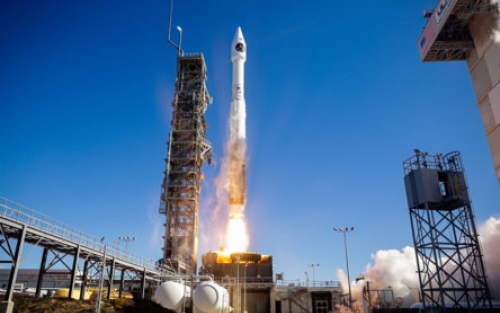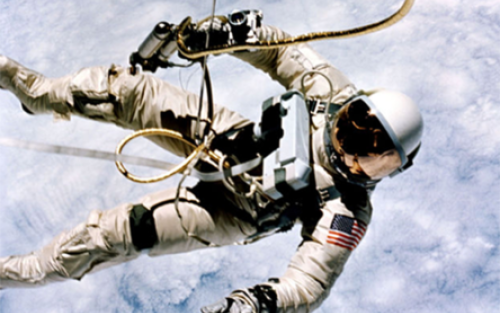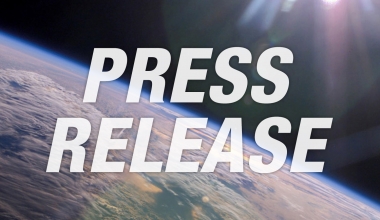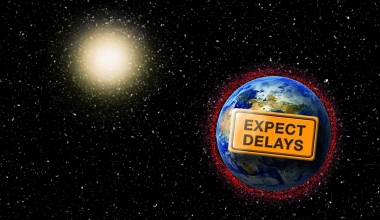A 2018 Pew Research Center study found that 72% of Americans still believe that it is vital for the U.S. to remain a global leader in space exploration and 80% say the International Space Station has been a good investment for the country. A majority of those polled feel that despite the growth of private companies in the space business, NASA is still essential to the future of U.S. space exploration.

From Baby Boomers and older generations who experienced the “Right Stuff” through to the Millennials who grew up with the space shuttle program, this strong showing of public support for continued U.S. space research is distributed across generations, gender, political and groups.
As an organization that is dedicated to space exploration and innovation, Aerospace is heartened to hear that Americans support our mission. Ron Birk is the associate principal director of the Civil Systems Group, the division within Aerospace that supports developing and operational civil space systems for NASA. He says, “The Pew Study highlights keen interest in space for compelling NASA exploration and science missions, and exciting private enterprise space developments, rapidly expanding the U.S. space enterprise.”
NASA’s Top Priorities According to Americans
NASA supervises a variety of space-related missions, from launching satellites to studying Earth’s atmosphere to space debris management. When asked about what should be NASA’s top priorities, 63% of Americans say it should be monitoring Earth’s climate system while 62% feel it is monitoring asteroids and other objects that could hit the Earth. 47% think that conducting space research should be a top priority while 41% believe developing technologies that could be used outside of space exploration is most important.
Most Americans expressed confidence that in addition to NASA, private companies can also make meaningful contributions to space exploration by building safe, reliable rockets and performing research to increase space knowledge. However, 51% of those surveyed doubt that private companies will be able to minimize space debris, a growing threat to space stations and orbiting satellites.
Who Wants to Go to Space?

When it comes to space tourism and orbiting the Earth in a spacecraft, 58% of Americans say “no thank you,” versus the 42% of Americans that were interested. Across all generations, 51% of men were more interested than women (33%) in traveling into space and the Millennials (63%) was the generation that was most interested in space tourism. Among the interested Americans, 45% of them expressed the main reason was to “experience something unique” whereas 29% of them said they wanted to view the Earth from space, and 20% wanted to “learn more about the world.”







